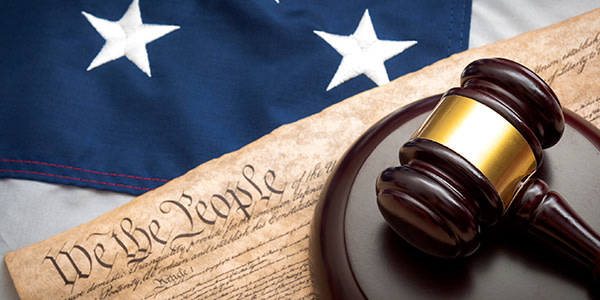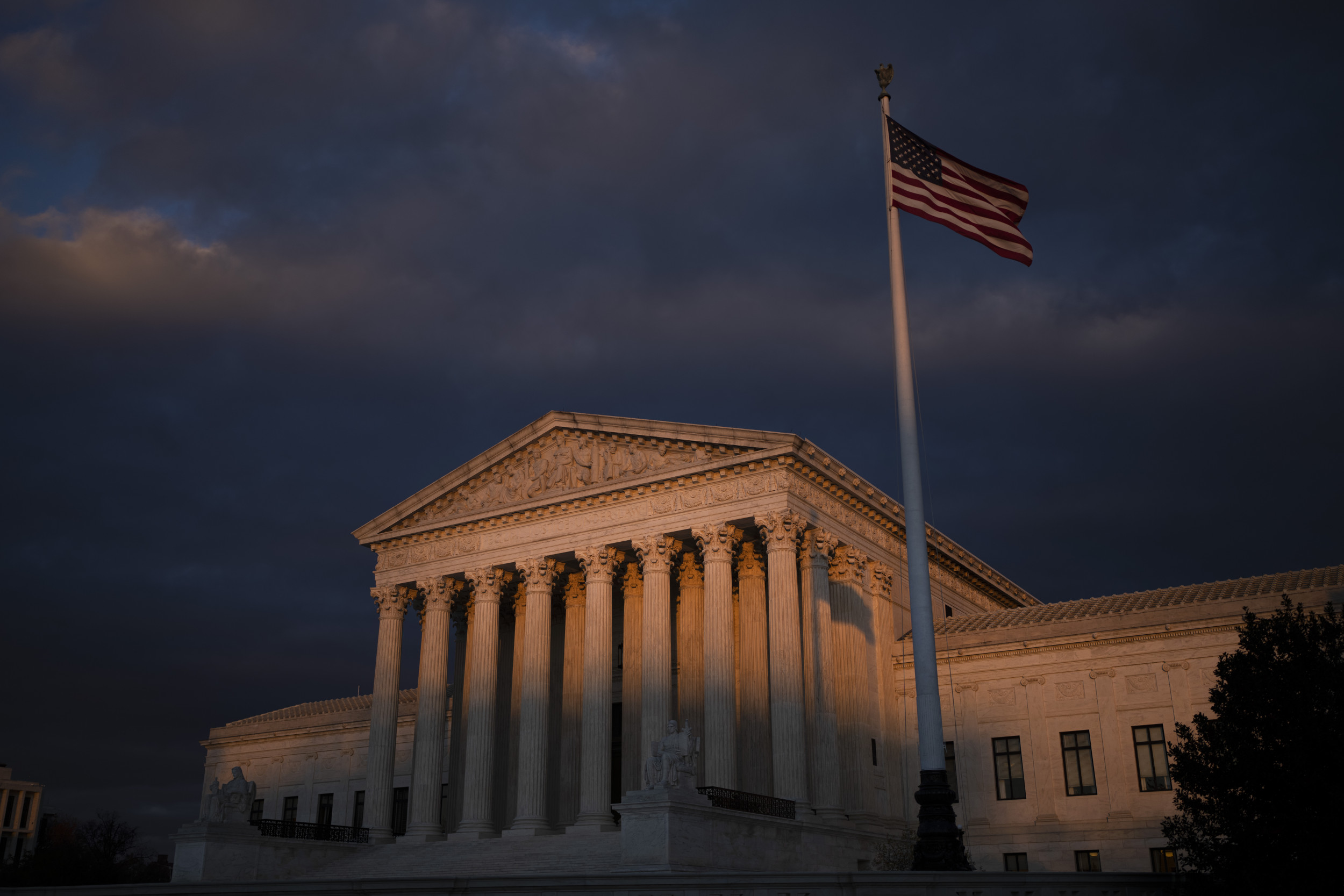

Cruikshank, listed as an 1875 case but the final decision in 1876 was "The Day Freedom Died" in the book of that name by Charles Lane in 2008.Ĭruikshank depends on Slaughter-House but is factually much, much worse. Intuitively, we want to forbid the state from getting too involved in people's personal affairs as well, and I think that focusing on the commerce clause portion is unfairly maligning the commerce clause, scapegoating it for something else (either a policy argument or a substantive due process issue). But the commerce clause issue is about a legal distinction between the federal government and the state government.

The answer is usually no, because people don't like the state telling farmers what they can or can't grow on their land. He's not growing that much for his family to eat, he's using it to support his commercial operations in raising animals.Īs for the substantive due process argument, I usually ask Wickard's critics whether they think that it would be OK for the state to regulate wheat production in this way. Note, again, that this is the excess, not his total (which was twice as much). So that's 14,340 lbs of wheat, which translates into 10,038 of usable flour, which is roughly 17,447 loaves of bread. A quick Google search shows:ġ bushel of wheat = 60 pounds. Roscoe Filburn went over his quota by 239 bushels of wheat. Two things: it was a large amount of wheat grown, and people are often implicitly applying some kind of substantive due process argument, or a policy argument. Most people tend to picture a farmer just growing his own wheat for personal consumption, and have a problem with the government telling him he can't do that. I'll defend Wickard and its affectation doctrine.


 0 kommentar(er)
0 kommentar(er)
